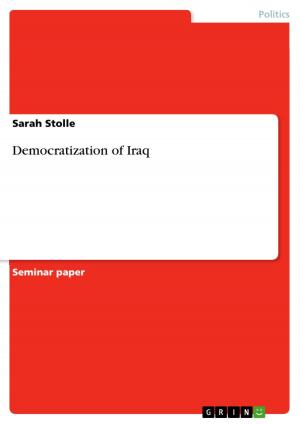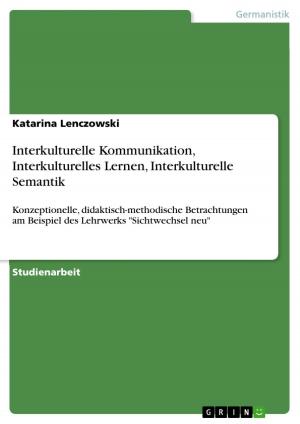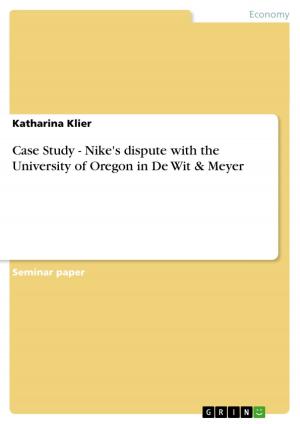The Influence of the new russian currency law FZ ¹173 on western Creditors: avoiding risks when doing Business with Russia
Business & Finance, Finance & Investing, Banks & Banking| Author: | Yelena Russakova | ISBN: | 9783638415590 |
| Publisher: | GRIN Publishing | Publication: | September 7, 2005 |
| Imprint: | GRIN Publishing | Language: | English |
| Author: | Yelena Russakova |
| ISBN: | 9783638415590 |
| Publisher: | GRIN Publishing |
| Publication: | September 7, 2005 |
| Imprint: | GRIN Publishing |
| Language: | English |
Master's Thesis from the year 2005 in the subject Business economics - Banking, Stock Exchanges, Insurance, Accounting, grade: 1,25, University of Hamburg, 47 entries in the bibliography, language: English, abstract: Today bananas from Honduras will be sold in Novosibirsk, coffee from Brazil will be sold in Moscow and Russian oil will be sold in Zurich. To make this trade possible, new financing techniques like structured commodity trade financing are needed. Behind these transactions, reliable tools are inevitable. It is an understatement to say that doing business with someone in another country is more complicated than just finding ways to transport goods over long distances. One of the most obvious differences from doing business domestically is the fact that companies face new risks such as country risks, industry risks and especially credit risks. To make it easier for western creditors to conduct a profitable business in Russia and hedge their risks, lenders need to be aware of the economic, political and legal situation in the country; particularly, the creditors need to understand the new Russian currency law.The intention of the new federal law is to 'create a single government currency policy and to increase the stability of the Russian Federation and its internal currency market'. The purpose of this master thesis is to describe the pros and cons of this law, the risks that western creditors face when they engage in financing export transactions and the ways to prevent these risks. The influence of the federal law 'on currency regulation and currency control' on western creditors is a very genuine topic for this master thesis, because this work shall increase the understanding of international finance as well as the interest for its practice in Russia. The absence of a deep research and the freshness of the topic make it especially interesting for investors. Is the recent situation in Russia friendly to western creditors? What aspects of the FZ?173are necessary to know when financing Russian exports? What impact will this law have on western creditors? What are the ways to hedge risks associated with the FZ?173?These questions will be discussed in this paper.
Master's Thesis from the year 2005 in the subject Business economics - Banking, Stock Exchanges, Insurance, Accounting, grade: 1,25, University of Hamburg, 47 entries in the bibliography, language: English, abstract: Today bananas from Honduras will be sold in Novosibirsk, coffee from Brazil will be sold in Moscow and Russian oil will be sold in Zurich. To make this trade possible, new financing techniques like structured commodity trade financing are needed. Behind these transactions, reliable tools are inevitable. It is an understatement to say that doing business with someone in another country is more complicated than just finding ways to transport goods over long distances. One of the most obvious differences from doing business domestically is the fact that companies face new risks such as country risks, industry risks and especially credit risks. To make it easier for western creditors to conduct a profitable business in Russia and hedge their risks, lenders need to be aware of the economic, political and legal situation in the country; particularly, the creditors need to understand the new Russian currency law.The intention of the new federal law is to 'create a single government currency policy and to increase the stability of the Russian Federation and its internal currency market'. The purpose of this master thesis is to describe the pros and cons of this law, the risks that western creditors face when they engage in financing export transactions and the ways to prevent these risks. The influence of the federal law 'on currency regulation and currency control' on western creditors is a very genuine topic for this master thesis, because this work shall increase the understanding of international finance as well as the interest for its practice in Russia. The absence of a deep research and the freshness of the topic make it especially interesting for investors. Is the recent situation in Russia friendly to western creditors? What aspects of the FZ?173are necessary to know when financing Russian exports? What impact will this law have on western creditors? What are the ways to hedge risks associated with the FZ?173?These questions will be discussed in this paper.















